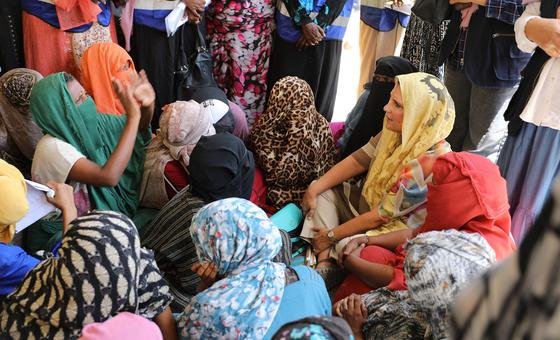According to UN Women, the United Nations agency that works on the welfare of women, the need for relief services in cases of gender-based violence has increased by 100 percent since the start of the war in Sudan in April last year.
By the end of this year, 6.7 million people will need help.
Also, around 1.25 lakh women of reproductive age do not have access to proper health services, while 54 thousand babies are expected to be born in the next three months.
The latest data from UN Women shows that women and girls lack access to safe, accessible and affordable water, sanitation and hygiene.
According to the UN agency, about 80 percent of internally displaced women do not have access to clean water due to security concerns, distance and lack of adequate funding.
Educational crisis
Lack of educational opportunities for girls in Sudan is also a major concern. About 2.5 million girls of school age in the country are not able to go to school.
It also puts them at risk of engaging in evil practices such as child marriage and female genital mutilation (FGM).
“Women and girls in Sudan face unimaginable challenges, yet their strength and resilience inspire us,” said Hodan Addou, UN Women’s Acting Regional Director for Eastern and Southern Africa.
“We cannot allow Sudan to become a forgotten crisis.”
call to action
UN Women says urgent action is needed to protect women and girls in Sudan and ensure their access to food, safe water and sexual and reproductive health services.
The regional office calls on the international community and humanitarian aid agencies to fund women-led organizations that prioritize the protection and empowerment of women and girls.
UN Women has also called for an immediate end to the fighting in Sudan, although all international efforts to end the war have so far yielded no results.

